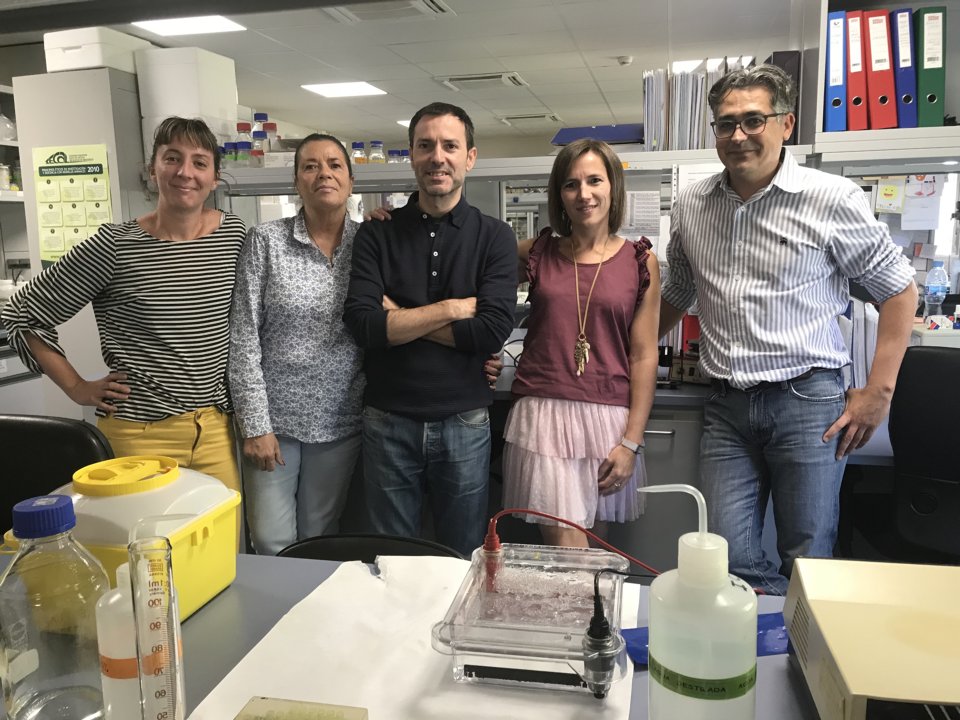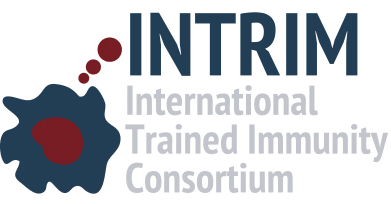Trained immunity in transplantation
Department of Medicine, Icahn School of Medicine at Mount Sinai, New York, USA
National Microbiology Center, Instituto de Salud Carlos III, Madrid, Spain.
Research topic
Transplantation is a life-enhancing therapeutic option for tens of thousands of patients with end-stage organ failure. While outstanding short-term outcomes have been achieved by pharmacologic immunosuppression, the detrimental effects life-long continuous immunosuppression compromise long-term allograft survival. Novel therapeutic approaches that target the adaptive immune response have been developed, but the long-term transplant outcomes remain suboptimal. This underlines that additional levels of immune regulation must be targeted to develop tolerance-inducing protocols.
Recent data demonstrates that macrophages initiate transplant rejection. In line with these observations, our laboratory has recently discovered that trained immunity represents a previously unrecognized pathway that mediates organ rejection. We hypothesize that failure to induce long-term allograft survival may be due, in part, to the lack of therapeutic protocols that target myeloid cells in vivo and prevent trained immunity. Therefore, the development of an immunotherapy that targets the epigenetic regulation of trained macrophages represents a promising approach to facilitate long-term allograft survival.
Using experimental murine models of organ transplantation, we are focusing on molecular pathways that trigger trained immunity in graft-infiltrating macrophages. We are interested in reprogramming trained macrophages towards regulatory macrophages through the negative regulation of the mammalian target of rapamycin (mTOR). More recently, our laboratory is evaluating the possible role of trained immunity during graft versus host disease (GvHD) after bone marrow transplantation. Overall, our research proposes to characterize the strength and duration of trained immunity in transplant recipients to design novel approaches that target myeloid cells in vivo and significantly advance towards improving the clinical treatment of transplant patients.
Group leader
Jordi C. Ochando, PhD, Assistant Professor of Medicine
Group members
- Almudena nadal, Lab manager
- Mercedes Garcia, PhD student in Immunology
- Patricia Conde, PhD student in Immunology
- Mario Alia, PhD, postdoctoral researcher in Immunology
- Manisha Brahmachary, PhD, bioinformatician
Selected Publications
- Ochando J, Conde P. Functional Characterization of Regulatory Macrophages That Inhibit Graft-reactive Immunity. J Vis Exp. 2017 Jun 7;(124). PMID: 28654060.
- Ginhoux F, Schultze JL, Murray PJ, Ochando J, Biswas SK. New insights into the multidimensional concept of macrophage ontogeny, activation and function. Nat Immunol. 2016 Jan;17(1):34-40. PMID: 26681460.
- Ochando J, Kwan WH, Ginhoux F, Hutchinson JA, Hashimoto D, Collin M. 2016. The Mononuclear Phagocyte System in Organ Transplantation. Am J Transplant.16(4):1053-69. PMID: 26602545.
- Jordi Ochando, Patricia Conde, and Vincenzo Bronte. 2015. Monocyte-Derived Suppressor Cells in Transplantation. Curr Transpl Rep. 2015;2(2):176-183. PMID: 26301174
- Conde P, Rodriguez M, van der Touw W, Jimenez A, Burns M, Miller J, Brahmachary M, Chen HM, Boros P, Rausell-Palamos F, Yun TJ, Riquelme P, Rastrojo A, Aguado B, Stein-Streilein J, Tanaka M, Zhou L, Zhang J, Lowary TL, Ginhoux F, Park CG, Cheong C, Brody J, Turley SJ, Lira SA, Bronte V, Gordon S, Heeger PS, Merad M, Hutchinson J, Chen SH, Ochando J. 2015. DC-SIGN(+) Macrophages Control the Induction of Transplantation Tolerance. Immunity. 16;42(6):1143-58. PMID: 26070485
- Felix Heymann, Thomas Ludde, Christian Trautwein, Marlene Kohlhepp, Christian Kurts, Jordi Ochando, Florent Ginhoux, Nico van Rrooijen, Gwendolyn Randolph, and Frank Tacke. 2015. Liver inflammation abrogates immunological tolerance induced by Kupffer cells. Hepatology. 62(1):279-91. PMID: 25810240.
- Luan Y, Mosheir E, Menon MC, Wilson D, Woytovich C, Ochando J, Murphy B. Monocytic Myeloid-Derived Suppressor Cells Accumulate in Renal Transplant Patients and Mediate CD4(+) Foxp3(+) Treg Expansion. 2013. Am J Transplant.13(12):3123-31. PMID 24103111.
- Ochando JC and Chen SH. 2012. Myeloid-derived suppressor cells in transplantation and cancer. Immunol Res. 54(1-3):275-85, PMID:22535241.
- Hashimoto D, Chow A, Greter M, Saenger Y, Kwan WK, Leboeuf M, Ginhoux F, Ochando JC, Kunisaki Y, van Rooijen N, Liu C, Teshima T, Heeger PS, Stanley RE, Frenette PS, Merad M. 2011. Pretransplant CSF-1 therapy expands recipient macrophages and ameliorates GVHD after allogeneic hematopoietic cell transplantation. J Exp Med 208:1069-82. PMID: 21536742.
- Rodriguez-Garcia, M., Boros, P., Bromberg, JS., and Ochando, JC. 2010. Immunotherapy with myeloid cells for tolerance induction. Curr Opin Organ Transplant.15:416-421. MID:20616727.
- Garcia MR, Ledgerwood L, Yang Y, Xu J, Lal G, Burrell B, Ma G, Hashimoto D, Li Y, Boros P, Grisotto M, van Rooijen N, Matesanz R, Tacke F, Ginhoux F, Ding Y, Chen SH, Randolph G, Merad M, Bromberg JS, and Ochando JC. 2010. Monocytic suppressive cells mediate cardiovascular transplantation tolerance in mice. J Clin Invest 120:2486-2496. PMID:20551515.
Financial support
- SAF2016-80031-R

